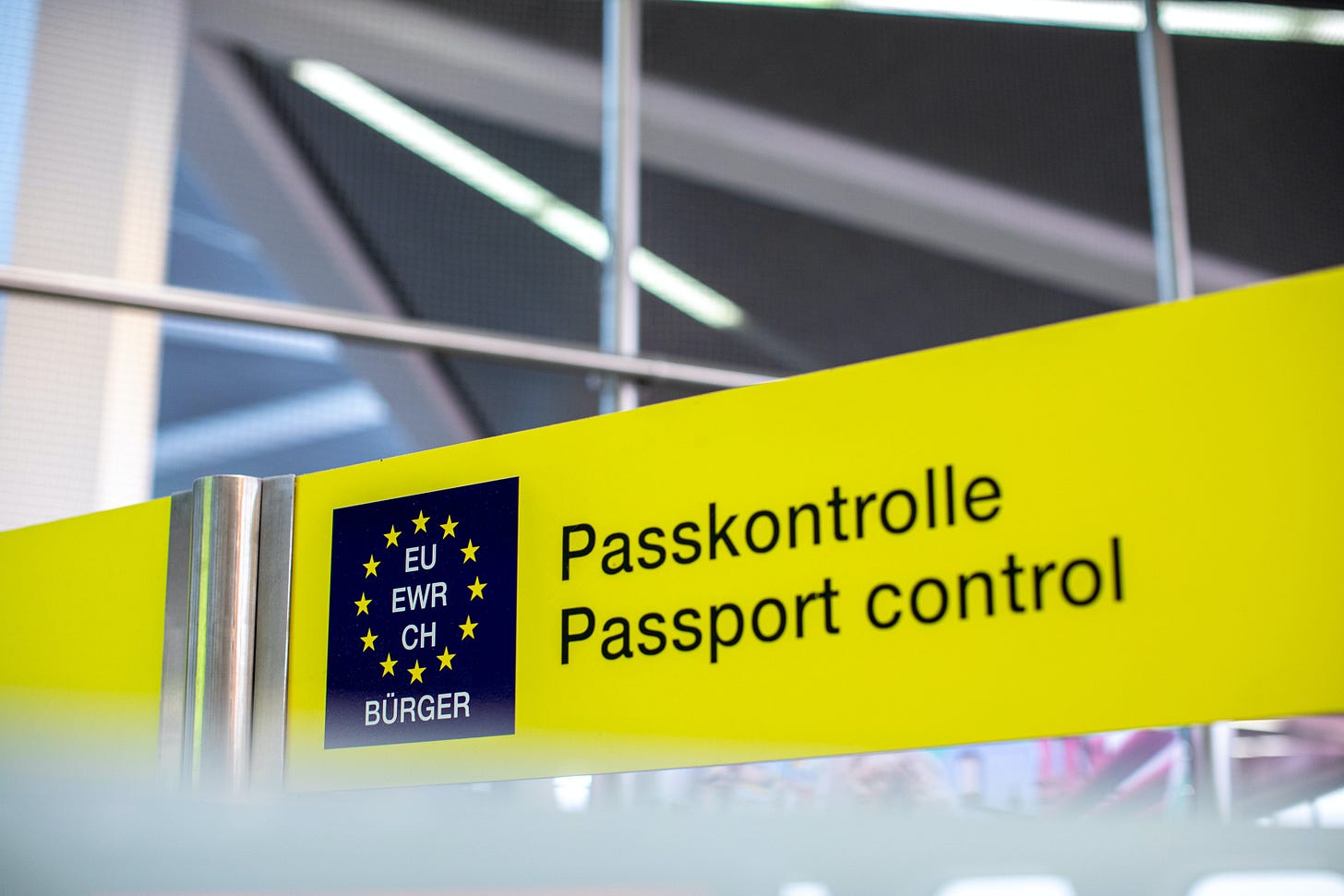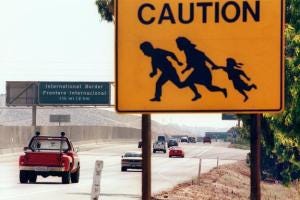Planetary Apartheid
Laurence Wilse-Samson, PhD student at Columbia, writes the following in the soon-to-be-published South African Economic History Annual:
It thus appears to me that a deep knowledge of South African economic history would bring the added reward of new perspectives into old and important questions in political economy and economic development. For example, a central feature of the 20th century South African economy was the control of labour. There is perhaps here an analogy to various issues around globalisation. When, increasingly, in the 1960s and 70s, white mine owners wanted to “outsource” routine tasks to (far cheaper) black workers, white unionized miners responded with strong and prolonged action against this “unfair competition”. Obviously, the nature of enforcement of such protectionist measures is different in the globalisation process from that of the cruel Apartheid regime. For example, pass laws, influx control and job reservation restricted the movement of black South Africans (and the 1913 Natives Land Act denied them property rights on “white land”). However, some of the economic logic is similar, and the argument of unfair competition sounds a little like what one might hear in Western Europe or in the US. The barriers against movement across nations are today just as strong and strongly enforced if less barbaric than those that existed within the Apartheid state.
The barriers to movement imposed by the Apartheid authorities are of course not identical to the high barriers to immigration that is now commonplace in all countries of the globe. But there are parallels. As The Economist recently noted, it is increasingly difficult for even highly-educated folk to move to the United States, or Britain, countries that used to be welcoming to immigrants. The anti-immigrant sentiment in much of Europe still influence political ideologies. If you're South African, obtaining a Schengen Visa to travel in Europe is not easy; one official of a European country that will remain unnamed given that I am forced to apply there again soon, told me, when I complained about the excessive fees (R1200), that "you can be lucky we allow you at all". And even here, in South Africa, it is time-consuming and expensive to appoint a foreign national, and poorer immigrants are not always welcomed by the locals, as the 2008 xenophobic attacks attest to.
Laurence's analogy, though, is pertinent. We are easy to criticise within-country division (like South African or, more recently, Israeli Apartheid), but easily support between-country barriers to entry (Mexican immigrants to the US, Senegalese immigrants to France, or Zimbabwean immigrants to South Africa, for example). Laurence's point is that we can use the Apartheid experience to identify (and perhaps estimate) the impact of high barriers against movement. If Apartheid taught us one thing, it's that spatial segregation imposes severe transaction costs that make trade expensive. Just ask those residents in townships on the outskirts of cities or, even more poignantly, those in the former homelands. These individuals remain far removed from the high-quality services, notably education, that they, more than anyone, need to break free from the poverty trap. Economists know that the free movement of individuals will create a more prosperous world: trade theory suggests that the free movement of goods and services across national borders (globalisation) would tend to equalise factor rewards, but a far quicker way to reduce global inequality is to allow the free movement of people. The US during the first phase of globalisation (the end of the nineteenth century) is a good example. If we are serious about the condition of the global economy, why are we making it increasingly difficult for migrants to move?
It is ironic that those countries that supported the fight against Apartheid most vehemently are now the ones building fences and raising barriers to prevent people from moving there. I've heard many explanations for this: to protect local jobs, to keep some cultural (or religious) homogeneity, for safety and security reasons, or that very Verwoerdian of ideas, to help the countries where the migrants originate from develop independently (in economic jargon, to help them combat the brain drain). Incidentally, all of these were also justifications for Apartheid. If we are so appalled by within-country barriers, why then do we allow a planetary Apartheid?
*Photo by Daniel Schludi on Unsplash.



